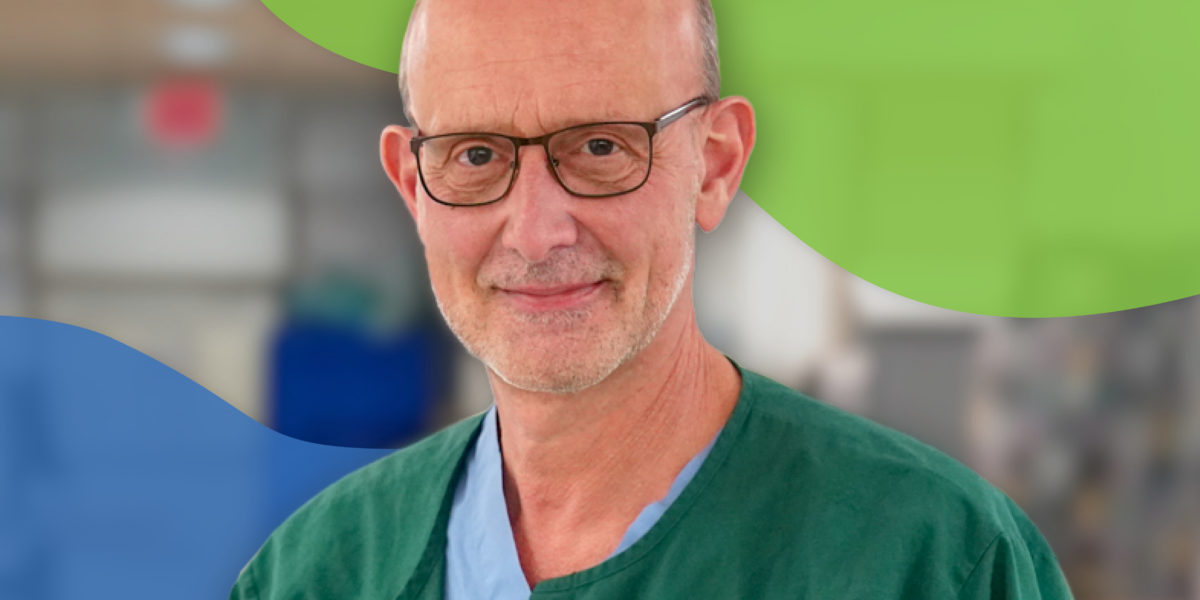To work in trauma care, you have some special drive or some special place in your heart. When everyone else is running way from a building that is on fire, you’re running toward it. There’s something in your core — or maybe it’s just the adrenaline rush.
Daniel Grawl MBA, BSAH, PA-C, FAAPA, FDAPA, ACHE, Lead Physician Assistant
Department of Surgery, Division of Orthopaedics
Chair, Physician Assistant Council
Board of Directors, Delaware Academy of Physician Assistants
Whodunnit Reader, Volunteer Firefighter, One of 10 Siblings
Running toward the fire
I got joy out of helping others from an early age. That was instilled in me by my parents and my religious upbringing as a Christian Catholic. I became a volunteer firefighter when I could join at 16. I became an emergency medical technician when I was 18 and a paramedic by the time I was 21. Becoming a physician assistant was going a step beyond that. I gravitated to surgery and orthopaedics and trauma, I think, because they go along with that emergency medical services background.
I just finished my MBA at Wilmington University. There is always something to learn, and I would like to have a positive impact on the future of health care for the next several generations by engaging in population health and new technologies.
As I have with emergency medical services and firefighting, I enjoy leading others. It’s the same kind of thing — getting involved and trying to have a positive impact.
The moments you live for
When a patient gets seriously injured, it’s a horrible day for them and their families. Nobody is happy about being in the hospital. But when the patient recovers and is grateful, along with the family, for what you’ve done, you live for those moments and remember why you chose this work. Sometimes we get trauma patients who come back and say thank you. They are so appreciative and it gives me joy to have been a part of helping to make them better. It fills me back up for another day. Helping people — that’s why I got into this.



